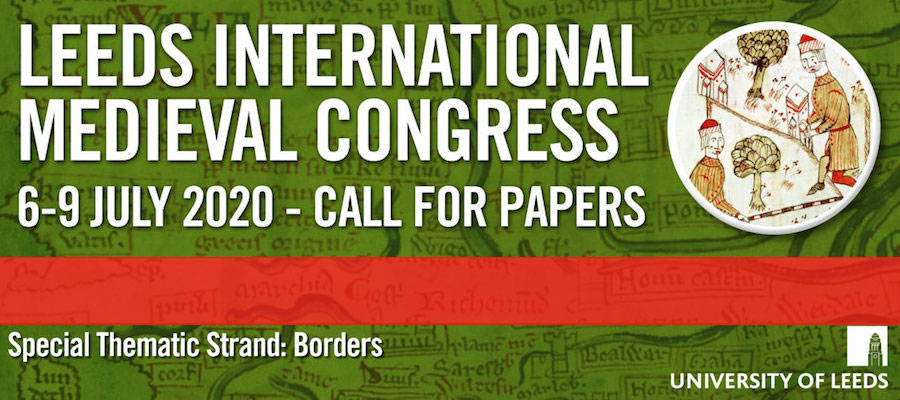Frontiers of Late Antiquity, session at 27th International Medieval Congress, University of Leeds, July 6–9, 2020
Since the 1980s, scholars have largely abandoned traditional Limesforschungen in favour of a more nuanced approach to the study of Rome's frontiers. Although many remain interested in imperial strategy and defense, limites are now commonly viewed as a permeable zone of influence and an area of economic and cultural exchange. Yet, these physical limites are just one possible way of thinking about frontiers in the Roman Empire and during Late Antiquity. Indeed, frontiers were also conceptual, about controlling access to power and privilege, and highlighting or minimizing difference, be it geographic or topographical regional and supra-regional), political, legal, ethnic, economic, cultural, religious, or gender. Frontiers could also be imagined and constructed through rhetoric. Thus, the question of frontiers is intimately bound up with questions of liminality, of insiders and outsiders.
In keeping with IMC 2020 theme of "borders," papers are being sought for a series of panels on frontiers in Late Antiquity (roughly 250 - 750 CE). We are hoping to include a diverse range of scholars representing as many approaches as possible. We especially encourage late-stage graduate students and early career scholars to apply.
Possible topics might include (but are not limited to):
- Urban-suburban frontiers (city centre vs. periphery)
- The frontiers of religious identity and authority (This might include liturgical frontiers; missionary activity; the construction of religious identity vis-a-vis borders)
- Imagined/imaginary frontiers (perceptions of difference and distinction; spatial frontiers; the rhetoric of the frontier; polemic; perception of insiders and outsiders)
- Communication, diplomacy, and political integration across the frontiers of the late antique Mediterranean and beyond (Local/regional and geographic frontiers such as rovers, mountains, plains or agriculture zones; the reception of Roman territorial divisions)
- Gender as a frontier (and its transgression)
- Physical frontiers in late antiquity
- Movement of people across frontiers and their reception
Session organizers
Samuel Cohen, Sonoma State University
Jonathan J. Arnold, University of Tulsa
Rebecca Usherwood, Trinity College Dublin
Adrastos Omissi, University of Glasgow
